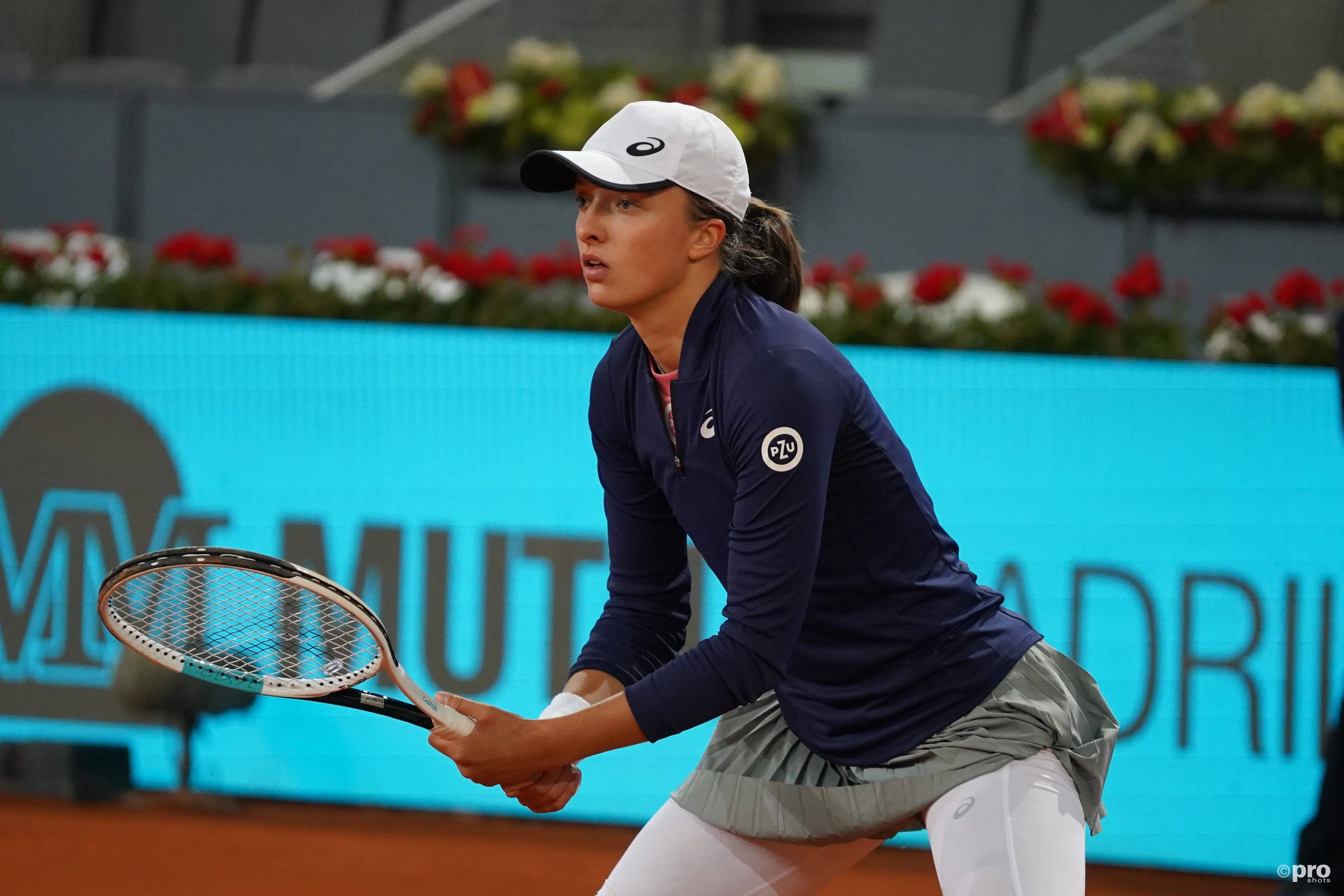"Three-month ban was appropriate": WADA 'pleased' with handling of Jannik Sinner doping case
ATPFriday, 21 February 2025 at 17:00

The Vice-President of the World Anti-Doping Agency (WADA) Yang
Yang has hit back at claims of favouritism regarding the case of Italy’s Jannik
Sinner. Both the anti-doping body as well as the players are facing severe criticism
from former and current players ever since they reached an agreement which will
see the reigning world number one in men’s tennis in the singles category staying
out of action for three months after failing two dope tests in March last year.
Sinner tested positive for the banned substance clostebol in
two doping tests in March last year but miraculously managed to escape any ban
as The International Tennis Integrity Agency (ITIA) declared him innocent
following a detailed hearing where his counsel claimed that the substance was
available in the player’s sample because one member of the coaching staff had
received a cream for the treatment of an injury.
Read also
WADA appealed against the ITIA’s verdict in the Court of
Arbitration for Sport (CAS) and demanded a two-year ban for the three-time
Grand Slam winner. However, the issue finally came to a conclusion on Saturday
as WADA announced that they had reached an agreement with Sinner, which will
result in the player remaining out of action for three months.
A number of currently active players, such as Serbia’s Novak Djokovic, Russia’s Daniil Medvedev, Australia’s Nick Kyrgios and America’s Jessica Pegula, have criticised the deal. Former world number one Andy Roddick also
questioned the timing of the deal. However, in an interview with Xinhua as quoted by Tennis 365, WADA's Vice-President Yang has hit back at claims of favouritism.
He also stated that the organization is ‘pleased’ with the way the matter was
dealt with.
Read also
“The whole anti-doping process is highly professional and
technical, which is really difficult for many to understand,” he said. “One of
its primary functions is to ensure that unique cases which do not fall squarely
within the sanction framework can be adjudicated appropriately and fairly,
provided that all parties and WADA agree. Under the current Code revision, it
is already proposed that the minimum sanction in case of contamination is a
reprimand, so [the sanction is] three months. It is well within what is
recommended for adoption at the world conference. So WADA considered a
three-month ban was appropriate in [the] Sinner case. We are pleased to have
been able to deal with this matter in an open and transparent way.”
claps 0visitors 0
Just In
Popular News
Latest Comments
- Well, that was ... all about nothing. Every excuse and future workout plan mentioned should have been dealt with a long time ago. R.I.P., Mark Petchey.
 mandoist22-04-2025
mandoist22-04-2025 - I hope Marion Bley is the Chair Ump for the Final. It would be Karma Served for Saba after her disrespectful 'performance' in the semi.
 mandoist21-04-2025
mandoist21-04-2025 - Coco needs to stop the Williams Hero Worship and play like 'Coco'.
 mandoist19-04-2025
mandoist19-04-2025 - Didn't expect issues between these two...SakkariFan2318-04-2025
- Send her a crate of deodorant DoveSakkariFan2318-04-2025
- Good to see, hopefully Sakkari can return to the form she deserves.SakkariFan2318-04-2025
- Shame no play on Friday but some line-up incoming..SakkariFan2318-04-2025
- Zverev's reaction lacked a bit of class this time around. He handled it better in Australia.MrAndreeva18-04-2025
- Funny from Dove & a corporate rarity.MrAndreeva18-04-2025
- Well, we all surely appreciate this bit of nothing. Go feed your kids.
 mandoist17-04-2025
mandoist17-04-2025








